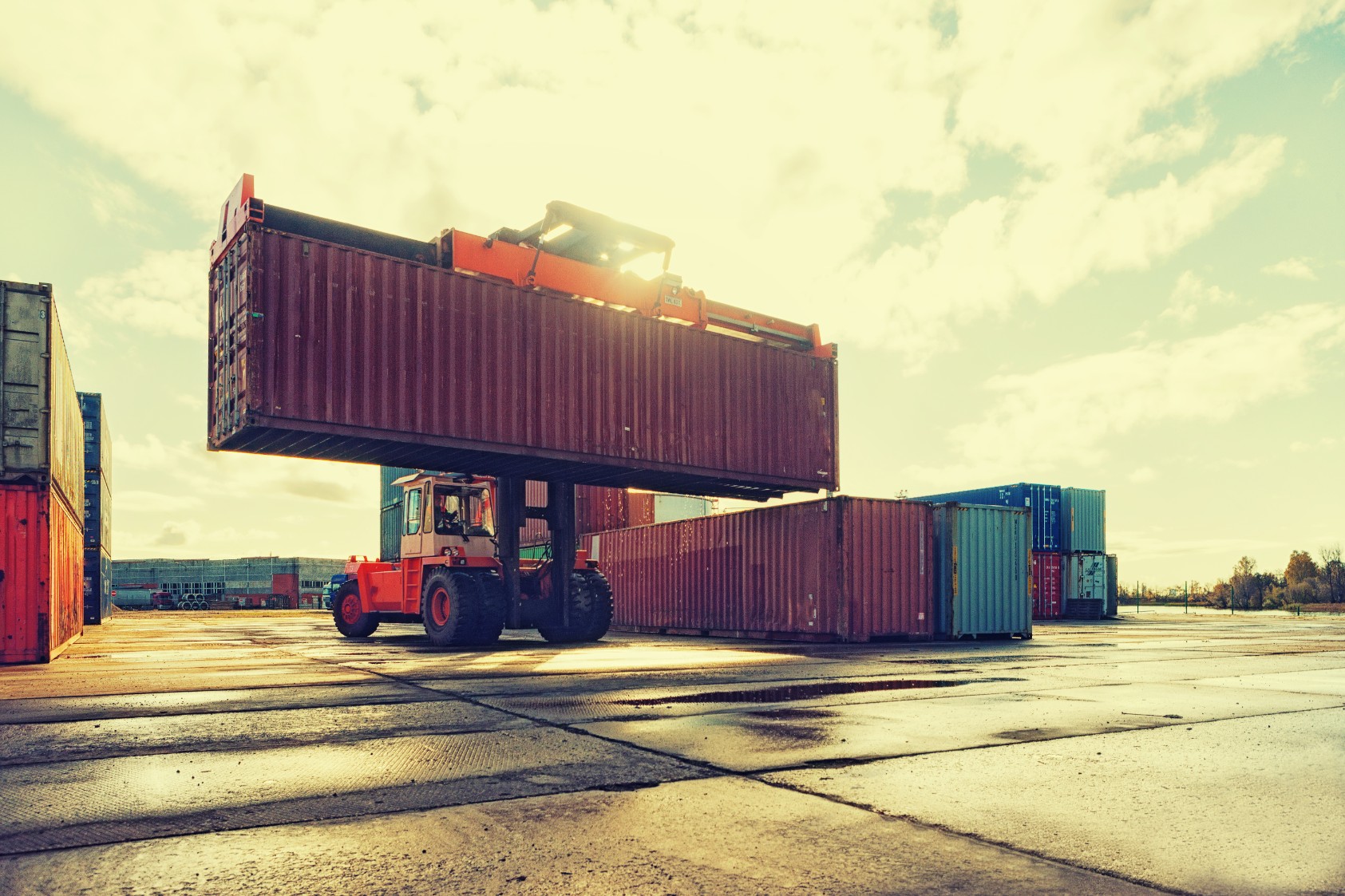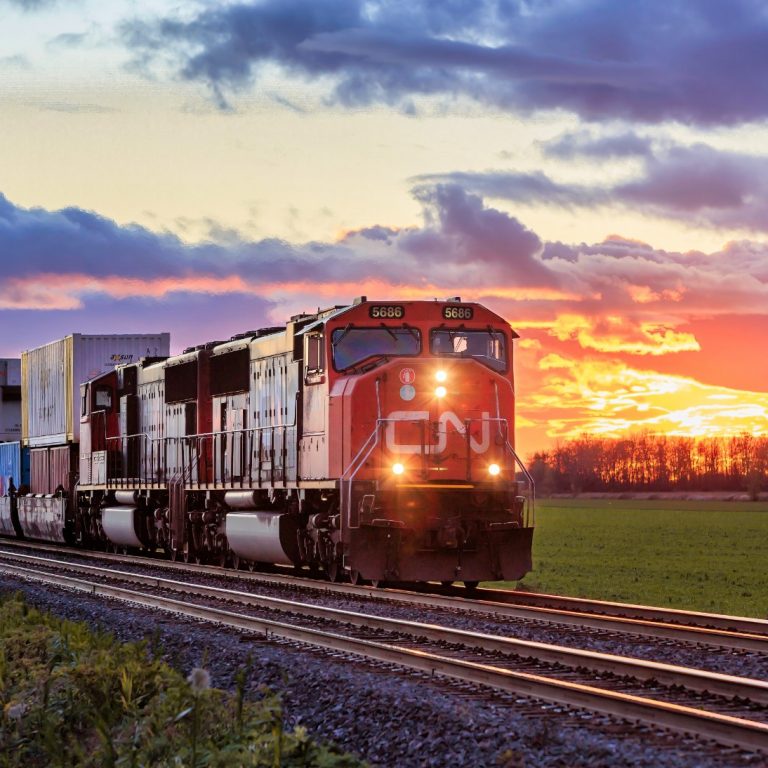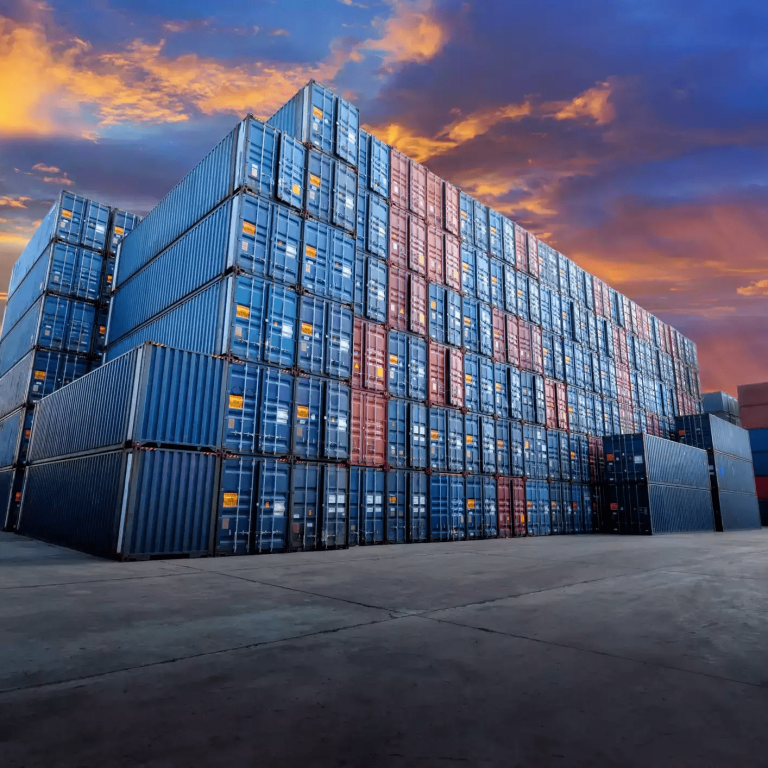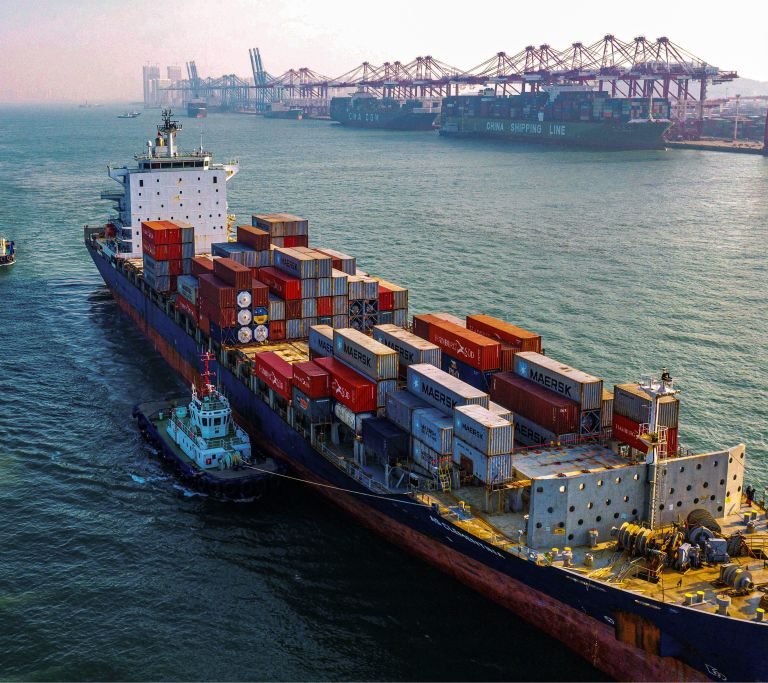Challenges after Covid on container businesses
Challenges after Covid on container businesses
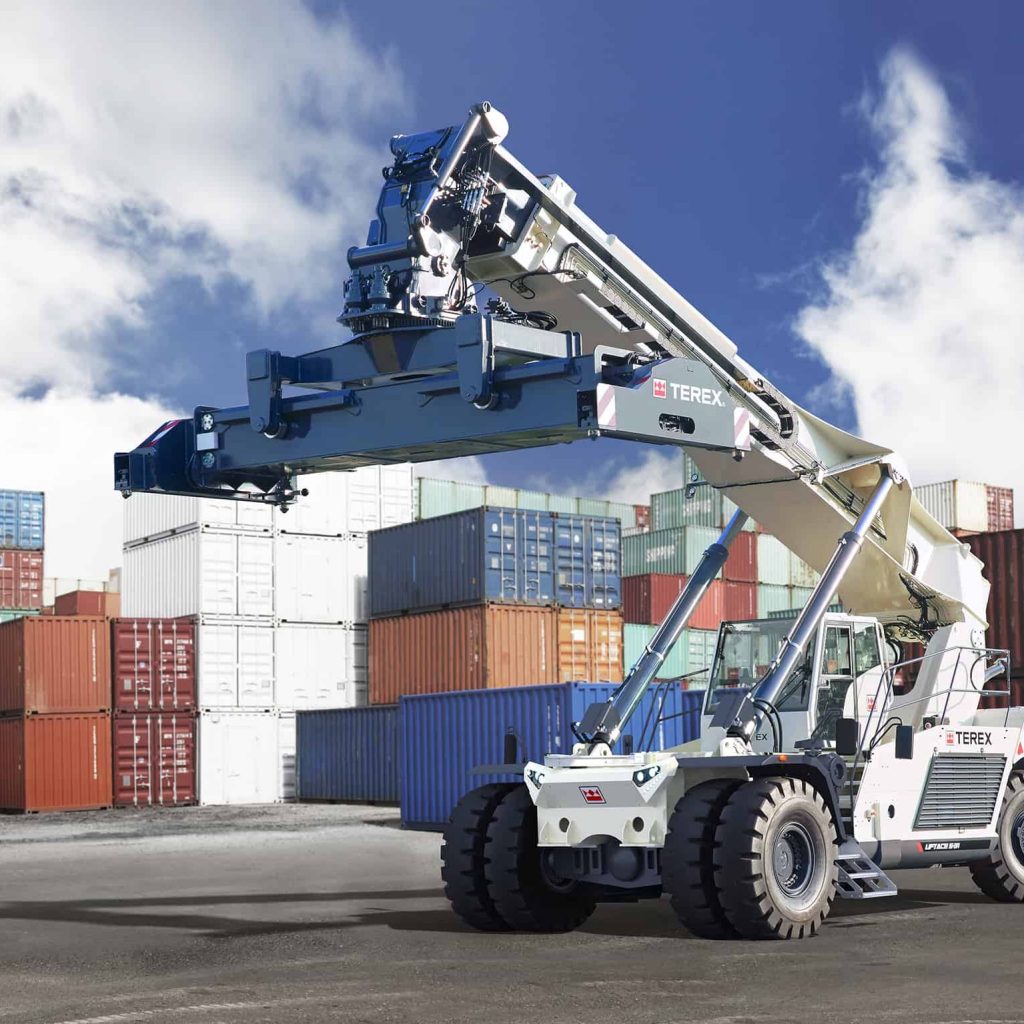
The outbreak of the coronavirus pandemic has significantly affected container and shipping businesses. Who would have thought of the effects and challenges it can pose on the demand and supply of shipping containers? Overseas containers are vital for transporting bulk & essential goods via ships from one country to another, especially in the import & export segment. Amidst the pandemic, the freight shipping companies are in a tight spot and are struggling to operate businesses seamlessly.
A glance at global challenges affecting container businesses
Global scarcity of intermodal containers
There are not many companies in the world that manufacture and trade shipping containers. Since purchasing a container is not very cost-effective for shipping companies, thus they usually rent them to serve their business purpose. During covid-19, there has been a global scarcity of containers and has disrupted the balance of demand & supply. The evitable causes of disruption are lockdowns imposed by countries worldwide & a decrease in the production of containers.
Delay in picking up of containers
The commotion in global trade has hugely affected the import & export of goods. Pandemic has plunged down the economic growth of many countries. Shipping companies are not able to continue their business operations effectively amidst lockdowns. Consequently, they either reduced or stopped sending their cargo & freight ships in the same number as earlier. It has affected the businesses of intermodal container companies as empty containers keep piling up at one point for a long time. Due to delay in collection, the containers were not available for supply & transport.
Rise in rental prices & tariff of containers
Since 2020, the demand for shipping containers is going up in comparison to its supply. As a result, the rental cost per container has gone sky-rocketing high by over 50%. In addition, other factors that are contributing to the rise in tariff are-: increase in shipment prices; scarcity of ship space due to the pandemic; and caution amongst ship-owners in taking investment risks on fleet expansion, etc.
Unexpected hold-ups in inter-country ship traffic
During the covid era, cargo ships & tankers are taking more than expected time to reach their import/export destination. It affects global trade and container businesses also. A container, importing goods from a country to a destination country, turns into an exporting container for another destination in that country. Any hold-up of ships carrying import containers in transit poses another challenge – congestion at that country’s port.
How to overcome these challenges?
Currently, uncertainty is looming over the global industry and the future is unpredictable. The system is required to adapt to better mechanisms to aid the container business & shipping industry.
Container business and shipping industry are inter-related and inter-dependent. Many big shipping companies have taken a toll of losses due to a shortage in the supply of containers. The need of the hour is to find out-of-the-box solutions to deal with the challenges that have affected the container & freight transport businesses.
- There is a need to impose a proper mechanism by the companies to effectively avoid piling of containers at terminal facilities and facilitate the consumers to return the containers within a stipulated time.
- The shipping companies can reuse the containers or repair old but usable containers to cope with the rising demand for containers.
- The government authorities have to play a substantial role in resolving the problem of congestion at the port.
With this hope that this time will also pass and bring back improvement in this industry, it is best to hold tight and sail forward.


